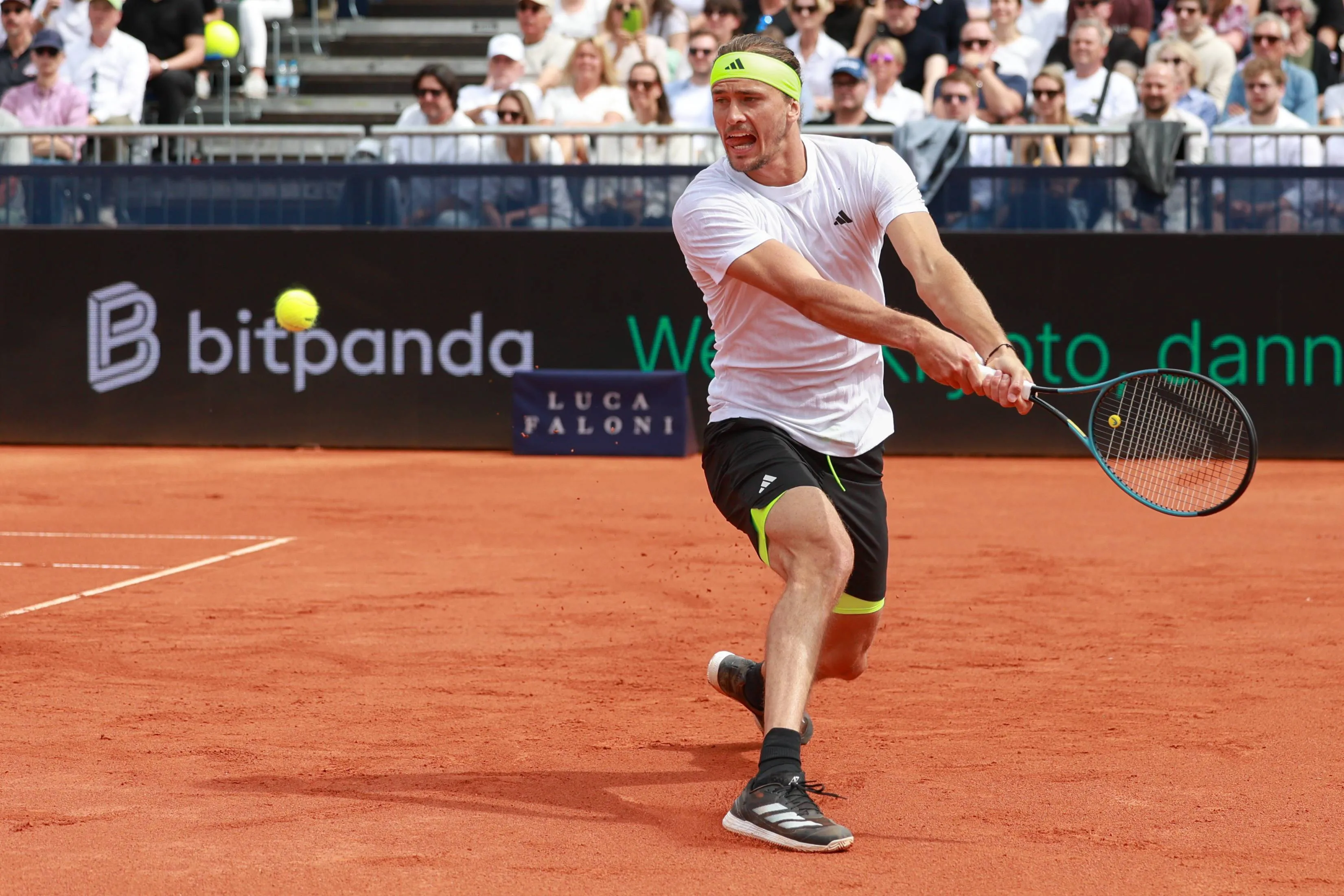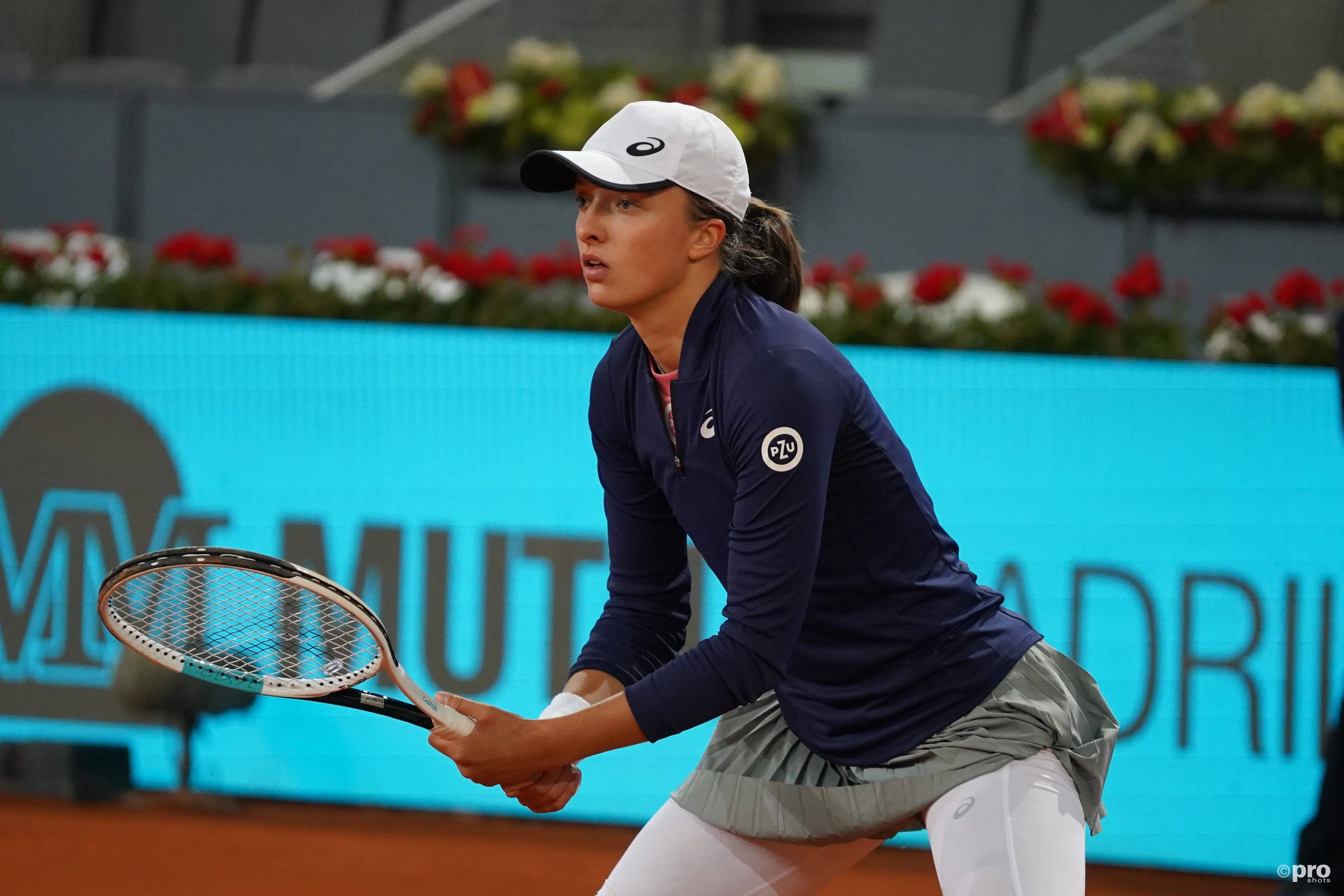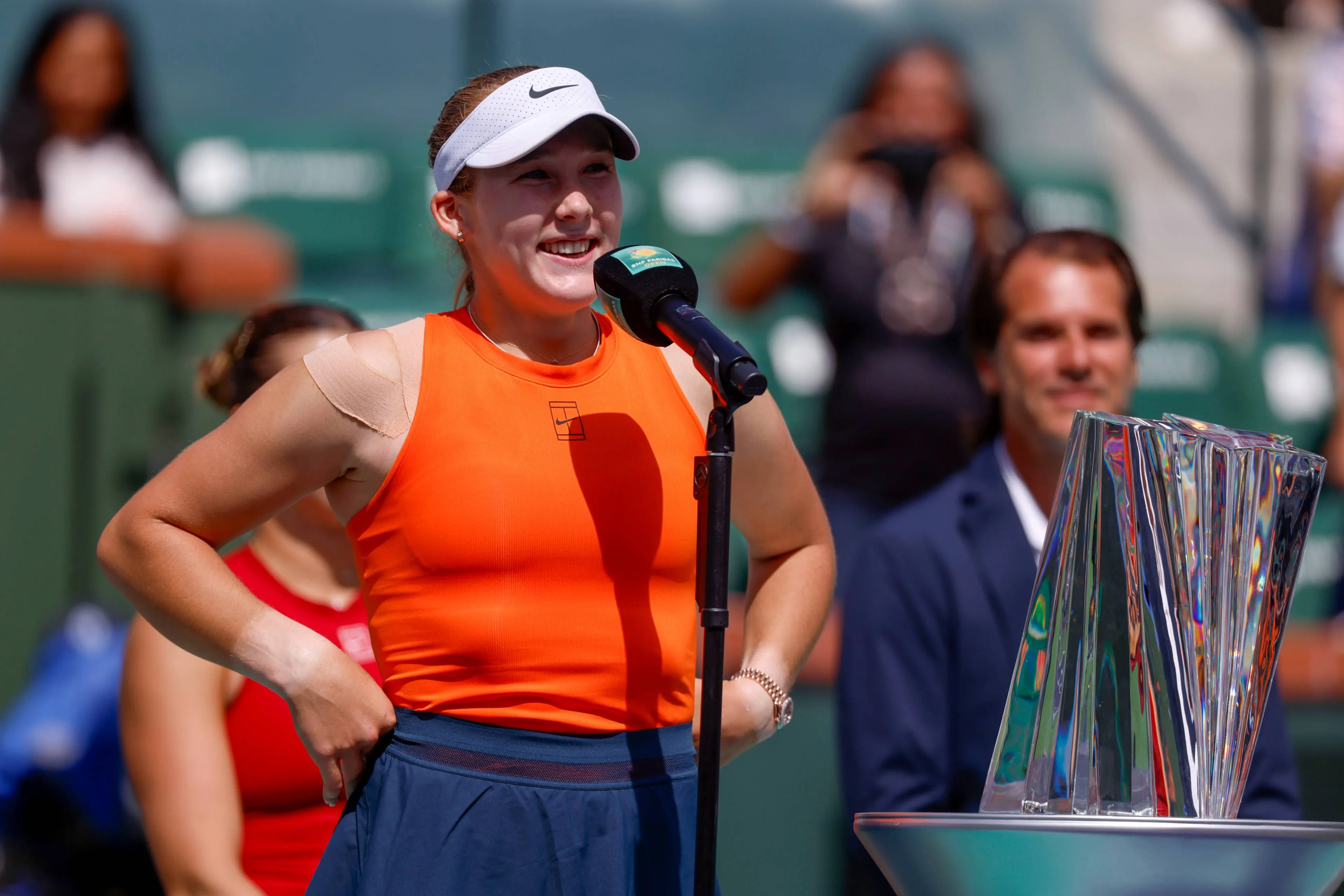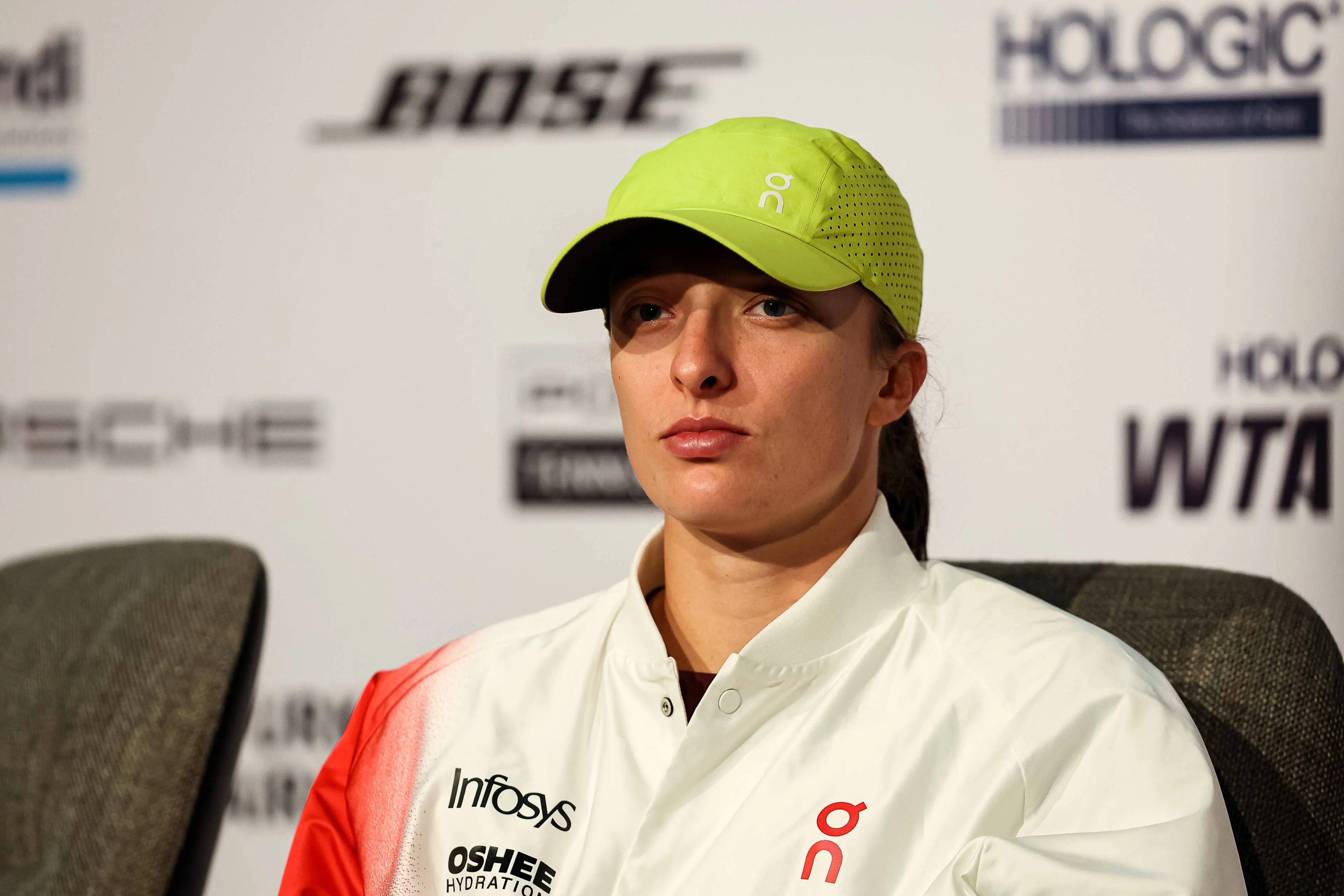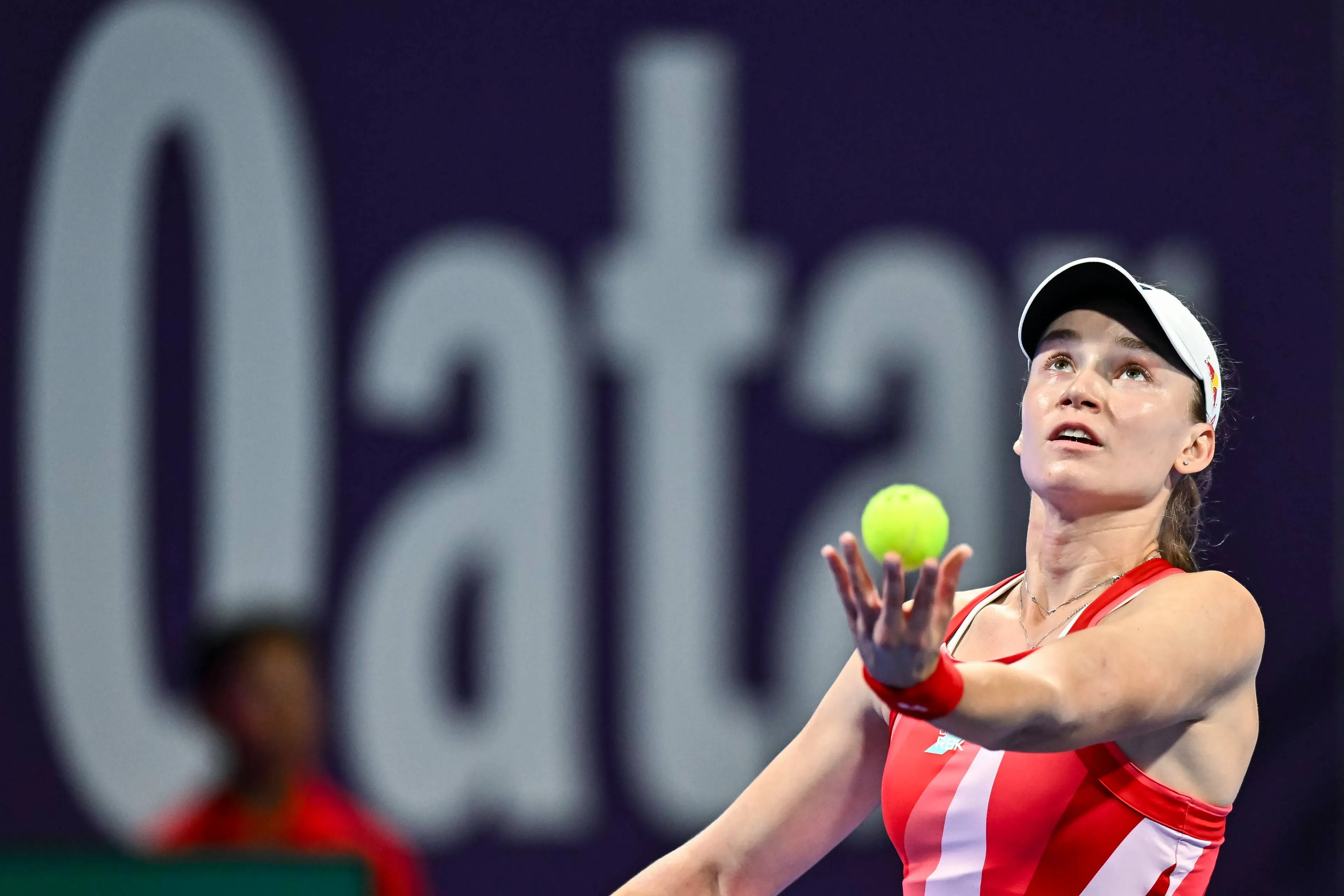“I like to say that I’m smart enough to listen to people who are smarter than me,” Eubanks defends ITIA’s handling of Jannik Sinner’s doping case
ATPSaturday, 18 January 2025 at 17:28

Christopher Eubanks closely followed Jannik Sinner's doping case—and later Iga Swiatek's—both as a player seeking to stay informed and as a commentator for television broadcasts. The American defends the ITIA’s procedure, stating that a very similar case to Sinner’s had already occurred and was treated in the same manner.
One of the most debated aspects of the World No. 1's doping case is that many believed he received preferential treatment, allowing him to avoid suspension. However, Eubanks argues that everything adhered to the rules.
“I wanted to prepare in the event that I, as a current player, was going to be asked about it,” Eubanks stated in an interview with Ben Rothenberg on The Second Serve. “So, I took it upon myself to read all 33 pages of the report. Some passages I had to reread multiple times to understand.”
Read also
“Then Iga’s case comes about: another ITIA case,” Eubanks said about Swiatek. “And again, because of preparation for Tennis Channel a few months later, I wanted to educate myself as much as possible on the facts of the case.”
Eubanks explained that he read Swiatek’s decision and the procedural rules described in the Anti-Doping Programme, which gave him a new perspective. “It was a bit, I would say, disheartening to see things said publicly that—based on my understanding of the rules at the time—just weren’t factual,” Eubanks said. “They just weren’t true.”
The 28-year-old American shared that he relied on the expertise of Richard Ings, a former chair umpire and head of the ATP’s original anti-doping operation. “I like to say that I’m smart enough to listen to people who are smarter than me,” Eubanks said. “So, because Richard has the background in it, he was one of the people I looked to on social media for insight.”
Read also
Eubanks also had locker-room conversations with fellow players about Sinner’s case, often hearing that Sinner must have done something wrong to lose his Indian Wells points and prize money, where he tested positive. “I tried to reiterate that this is a procedural rule,” the former World No. 33 said.
“That has to happen anytime you have an adverse analytical finding from an in-competition sample. That’s not a discretionary thing… I think that was one of the more frustrating parts because I’d be like, ‘Guys, it’s in the report! It’s right there! You can go back, look at the actual rule book, and see. Come on, guys. It’s clearly written in black and white.’”
Read also
“They would ask me, ‘Well, do you think this would have happened if it hadn’t been Jannik Sinner?’” Eubanks said. “And my response was: It happened to Marco Bortolotti. His ITIA report is right there, easily accessible, and you can look it up. He tested positive on an in-competition sample at the end of 2023. He was notified in either January or February.”
“He submitted his response; he was allowed to continue playing, and they eventually ruled it ‘No fault or negligence.’ It was the same exact process—minus a lot of details about how the clostebol got into Sinner’s system. But by and large, this process was the exact same. And when I mentioned Bortolotti, most players just didn’t know. And I had never heard of Marco Bortolotti, and I’m playing out here. So I would often send them the report and go, ‘Read it! It’s the exact same, and it’s a lot shorter than Sinner’s.’”
claps 1visitors 1
Just In
Popular News
Latest Comments
- Keep avoiding anti-Social Media, do your best to ignore loser sports writer's questions, and just do your own thing.
 mandoist24-04-2025
mandoist24-04-2025 - Let's face it, Saba is not the sharpest tool in the tool shed. Her sarcasm / passive agressive nonsense has always been annoying. Granted, attempting humor in another language is tough but she truly sucks at it.
 mandoist24-04-2025
mandoist24-04-2025 - Well, that was ... all about nothing. Every excuse and future workout plan mentioned should have been dealt with a long time ago. R.I.P., Mark Petchey.
 mandoist22-04-2025
mandoist22-04-2025 - I hope Marion Bley is the Chair Ump for the Final. It would be Karma Served for Saba after her disrespectful 'performance' in the semi.
 mandoist21-04-2025
mandoist21-04-2025 - Coco needs to stop the Williams Hero Worship and play like 'Coco'.
 mandoist19-04-2025
mandoist19-04-2025 - Didn't expect issues between these two...SakkariFan2318-04-2025
- Send her a crate of deodorant DoveSakkariFan2318-04-2025
- Good to see, hopefully Sakkari can return to the form she deserves.SakkariFan2318-04-2025
- Shame no play on Friday but some line-up incoming..SakkariFan2318-04-2025
- Zverev's reaction lacked a bit of class this time around. He handled it better in Australia.MrAndreeva18-04-2025



